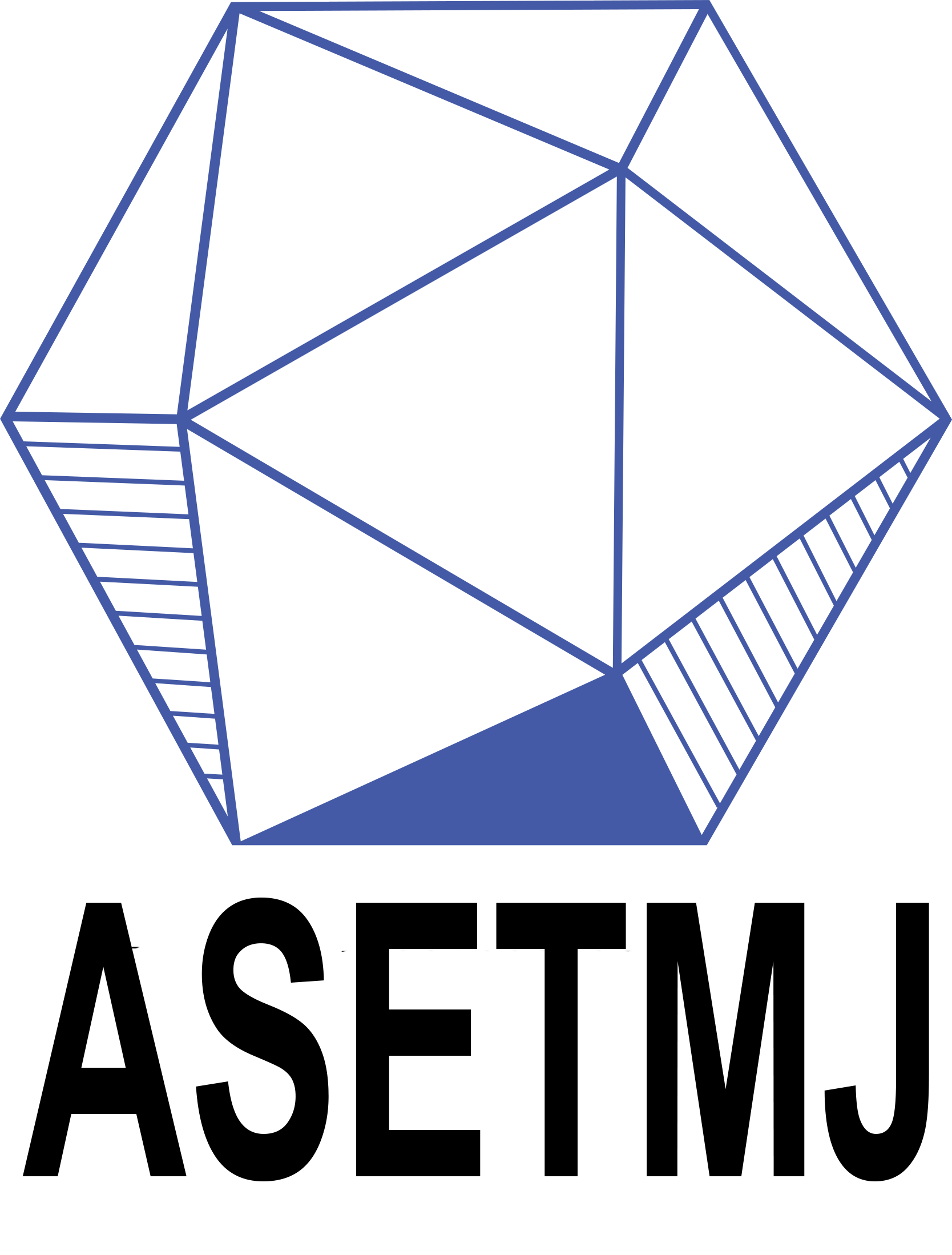-
-
-
-
- Hvedri Inassaridze
Homotopical algebra, K-theory, non-commutative geometry.
- George Janelidze
Category theory, Galois theory.
- Diana Rodelo
Categorical Algebra, Mal’tev and Goursat categories.
- Emzar Khmaladze
Homological and homotopical algebra, algebraic structures in computer sciences, mathematical cryptography
- Alan Stefano Cigoli
category theory, fibrations, crossed modules, groupoids, obstruction theory
- Tim Van der Linden
categorical algebra; categorical Galois theory; (co)homology of non-abelian algebraic structures; commutator theory, central extensions; homotopical algebra, Quillen model structures.
- Alan Stefano Cigoli
category theory, fibrations, crossed modules, groupoids, obstruction theory
- Diana Rodelo
Categorical Algebra, Mal’tev and Goursat categories.
- Malkhaz Bakuradze
Algebraic topology, cobordism theory, Morava K-theory.
- Vladimer Baladze
Dimension theory, geometric topology, algebraic topology, theory of continuous transformations groups.
- John Ball
Elasticity theory, calculus of variations, infinite-dimensional
dynamical systems.
- Peter Bates
Infinite-dimensional dynamical systems,
nonlinear elliptic and parabolic partial differential equations, phase transitions, mathematical biology.
- Guram Bezhanishvili
Topology, Algebra, Categories in Logic.
- Victor Buchstaber
Algebraic topology, groups actions, functional equations, abelian functions in mathematical physics.
- Dan Burghelea
Differential topology, geometric analysis, K-theory.
- Olivia Caramello
topos theory and its applications.
- Alberto Cattaneo
Symplectic and Poisson geometry, homotopical algebra in
mathematical physics.
- Christophe Cheverry
Linear and nonlinear hyperbolic partial differential equations, propagation of singularities, nonlinear geometric optics.
- Vasily Dolgushev
Homotopy algebras, noncommutative geometry, category,
and mathematical physics.
- Roland Duduchava Boundary value problems for PDEs, Equations of mathematical physics, Singular integral equations, Convolution equations.
- Joanna Ellis-Monaghan Graph theory and its application, algebraic combinatorics, and mathematics education.
- Imen Ferjani Spectral theory, Fredholm and semi-Fredholm operators, Fredholm perturbation, demicompact and weakly demicompact operators, Banach lattice theory.
- Sandra S. Ferreira Applied statistics; computational mathematical methods; distribution theory; health data; data on medical benefits in health; health trend analysis; linear models; prediction; statistical inference
- Ross Geoghegan
Topology and geometric group theory.
- Gia Giorgadze
Quantum computing, control of quantum systems.
- José Gómez-Torrecillas:
Coding theory, computational algebra.
- John E. Harper
Homotopy theory, algebraic topology,
structured ring spectra, Goodwillie calculus.
- Nick Inassaridze
Homological and homotopical algebra, cyclic homology, cryptography, machine learning,
steganography and watermarking, applied algebra.
- Palle E. T Jorgensen
functional analysis, operator algebras, harmonic analysis, applied:
mathematical physics (quantum theory), engineering
(signal/image processing), and statistics (Gaussian processes).
- Giorgi Khimshiashvili
Topology, real algebraic geometry, singularity theory, nonlinear analysis.
- Manfred Kolster
Algebraic number theory, algebraic K-theory.
- Mark Kon
Mathematical physics, functional analysis, mathematical learning theory.
- Pekka Koskela
Geometric analysis
- Benedikt Löwe
Mathematical logic, foundations of mathematics, mathematical foundations of computer science.
- Bachuki Mesablishvili
Categorical methods in computer sciences, computational algebra.
- Preda Mihailescu
Algorithmic number theory, biometry and security.
- David Natroshvili
Theory of elasticity, wave propagation (scattering) problems, potential theory and integral equations, equations of mathematical physics.
- Ryszard Nest
Homological algebra, Non-commutative geometry, K-theory.
- Khai-Hoan Nguyen-Dang
Number theory and arithmetic geometry.
- Roger Plymen
Non-commutative geometry, representation theory.
- Gerhard Roehrle
Algebraic Lie theory, algebraic groups, representation theory, hyperplane arrangements.
- Yuli RudyakApplied and Numerical Linear Algebra
- Daniel B. Szyld
Algebraic topology, differential topology, symplectic topology.
- Valerio Talamanca
Algebraic number theory and arithmetic geometry.
- Ivane Tsereteli
Dimension theory of topological spaces, general topology.
- Vladimir Verchinine
Homotopy properties of configuration spaces, Adams-Novikov spectral sequence, cobordism.
- Efim Zelmanov
Group theory, ring theory, Lie algebras.
|
-
-
- Graham Ellis
Homological algebra programming.
- Delaram Kahrobaei
Algebraic cryptography, applied algebra.
- Temur Kutsia
Unification, rule-based programming, rewriting, automated reasoning, symbolic computation techniques
for unranked terms and hedges.
- Susana Ladra González:
Algorithms and data structures analysis and design, data compression, data mining, bioinformatics.
- Xian-Ming Gu
Numerical Linear Algebra; Numerical (fractional) PDEs; Computational Electromagnetics; Parallel-in-Time Methods.
|
